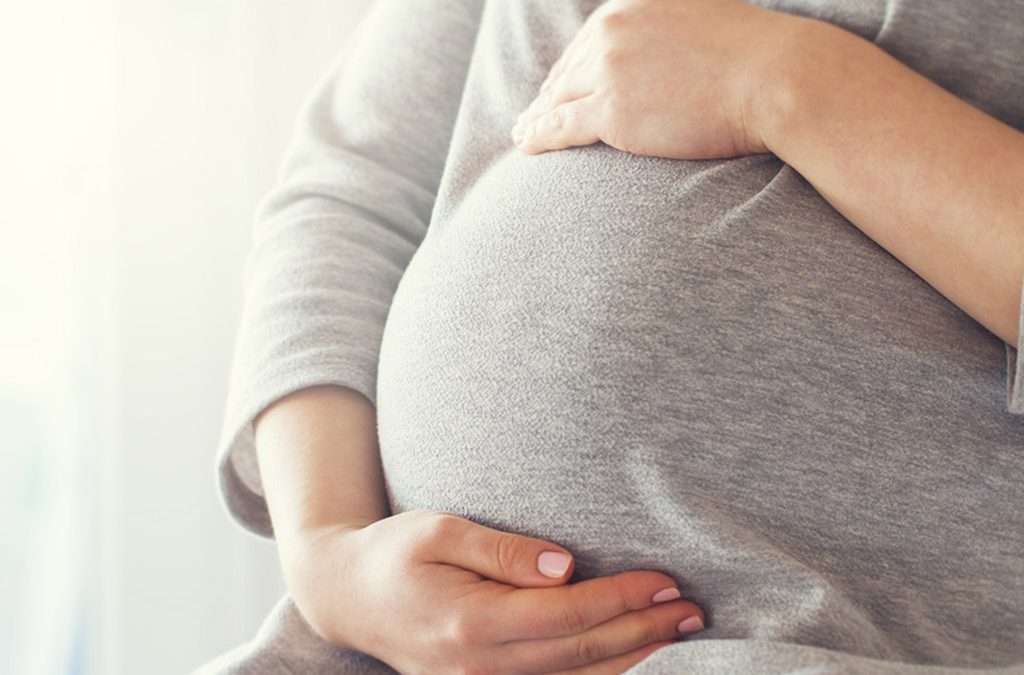- PERTH SURGICAL & BARIATRICS
-
08 65581901
Whether we talk about laparoscopic sleeve gastrectomy or any other weight loss surgery, the patient’s journey doesn’t end with the procedure. Bariatric post-operative care is extremely crucial. As all such procedures are followed by some recovery time, it is important for patients to understand the process to follow. Bariatric post-operative care is initiated and then all being well transferred to a regular hospital room or ward. Continuing the discussion, the post outlines various key aspects of bariatric surgery post-operative care.
Physical activity post surgery is important for fast recovery and effective weight loss. Also, physical activity helps in preventing several health conditions, such as pneumonia, blood clots, and constipation, some of the common problems found in bariatric surgery patients. The basic exercise program starts the day after the surgery, which includes walks in the hall. More often than not, compression stockings wrapped around patient’s legs, is used during the surgery and while the patient is still in bed after the surgery, to improve blood circulation in legs and feet. Patients are advised to wear compressions for the first 2-3 days post surgery to prevent blood clots in the veins of legs.
Every bariatric surgery patient gets a post-surgery diet plan by the clinical dietician. Patients are asked to take small bites, chew their food nicely, and swallow it slowly. Generally a diet plan after surgery includes:
Related read – 5 Essential Nutrients Post Gastric Sleeve Surgery
Oral Intake of clear liquids initially 30 to 60 mls per hour. When tolerating well patients are encouraged to consume atleast 150 – 200 mls every waking hour. This continues after discharge for the first week.
First Week – Clear liquids for one week.
Second week – Patients are allowed to take full nourishing liquids including two high protein drink shakes. Sugar free pudding and fat free yogurt is also often added to the diet list at this stage.
Third and fourth Week – Patients are now allowed to take protein rich pureed food along with high protein drinks. Eat one to two ounces of pureed food in every three hours and it is advisable to not to consume any liquid or water 30 minutes before and after eating. Water intake is a must, specifically after every 30 minute between the meals. The next stage of your diet will be discussed at your first follow-up with the dietician.
Patients are given an incentive spirometer to help them improve the functioning of their lungs. Patients are advised to take at least five deep breaths into the spirometer, after every hour to prevent pneumonia, lung collapse, and other breathing problems. Holding a pillow against stomach prevents discomfort during coughing. If you are an asthma patient, you need to be extra cautious, don’t forget to bring your inhalers to the hospital. For patients diagnosed with sleep apnea, they are kept under observation on a monitored bed until breathing normally. Don’t forget to bring your CPAP machine along with you to hospital.
Related read – Exercising After Weight Loss Surgery: Some Useful Tips to Consider
In addition, bariatric surgery patients are asked to avoid tobacco and alcohol consumption. Alcohol represents a high risk of weight gain according to several studies. Though the topic is still debatable, it would be safe to avoid any sort of alcohol consumption, as of now. If you want to make some alterations in your diet plan, discuss it with your dietician rather than making a doing it on your own. Should you wish to learn more about vertical sleeve gastrectomy or any other bariatric surgery and post-surgery care, feel free to get in touch with us by filling out our contact form, and we’ll take it from there. You can also call us at 08 65581901.

April 14 , 2024 | 5 Minutes to Read
Post Gastric Bypass Surgery Diet - FAQs Gastric bypass surgery is currently the “gold standard” among all bariatric procedures. Many people who undergo gastric bypass record significant improvements in their…

April 13 , 2024 | 4 Minutes to Read
Obesity is a growing concern across the world, but the situation is more acute in Australia, with a staggering 62.8% in 2011–12 to 65.8% in 2022 of adults being either overweight…

April 12 , 2024 | 3 Minutes to Read
Healthy Foods that are not Healthy After Bariatric Surgery Whether you have undergone SIPS surgery, gastric bypass, or any other weight loss surgery, your post operative diet largely determines how…